Long-Term Cereal-Based Rotation Trials in the Mediterranean Region: Implications for Cropping Sustainability

Authors:
With increasing global populations particularly in developing countries, and a limited or even shrinking supply of arable land, the challenge to agriculture is to meet the world's food and fiber needs without reducing the capacity of the resource base (soil and water) to enable guaranteed production for posterity and also to accommodate society's environmental and energy concerns. The issue of production sustainability is all the more acute in semi‐arid and arid regions of the world where drought and related biophysical factors create a fragile and uncertain environment for production. In the West, mainly in temperate regions, long‐term agronomic trials have been invaluable in identifying new technologies and crop management systems that have contributed to enhanced crop output that is sustainable from the biological, environmental, and economical standpoints. Many of these trials continue to guide cropping trends into the foreseeable future. The Mediterranean region has served climatic constraints to its agriculture and despite being cultivated for millennia, it is largely food deficient. Yet long‐term cropping experiments that could direct agricultural production in a sustainable manner are relatively rare, and even most of such trials are of recent vintage. This review offers a background perspective on factors related to crop, production, and subsequently examines the various multiyear cropping system/tillage trials in countries of North Africa and West Asia that border the Mediterranean. Special emphasis is given to the wide range of trials conducted in Syria by the International Center for Agriculture Research in the Dry Areas across a range of rainfall zones that are typical of the region as a whole. The goal of many trials was to identify cropping systems as a substitute for fallow and continuous cereal cropping with implications for improved water‐use efficiency (WUE), crop quality, soil quality, and fertilizer use. Lessons learned from the trials are highlighted as well as future directions for cropping systems research.
